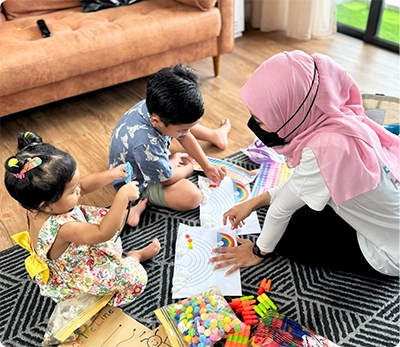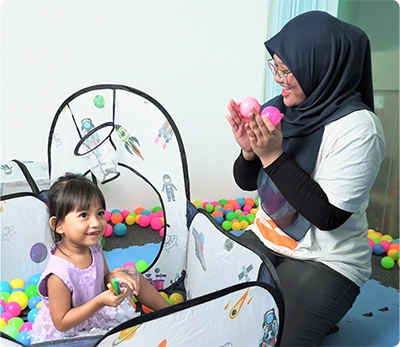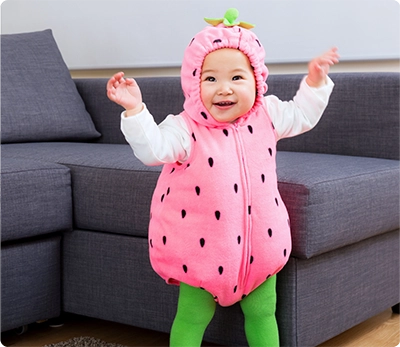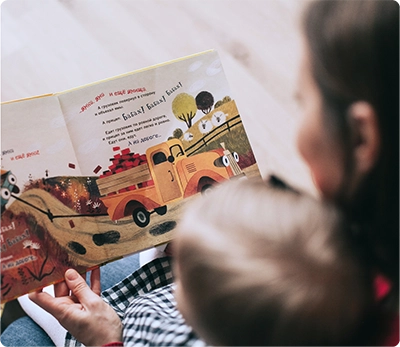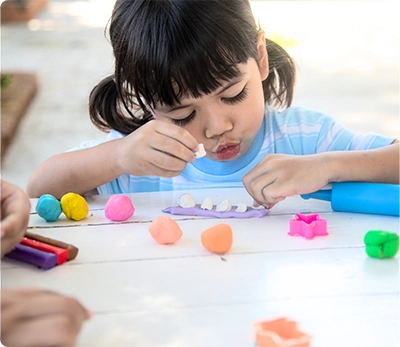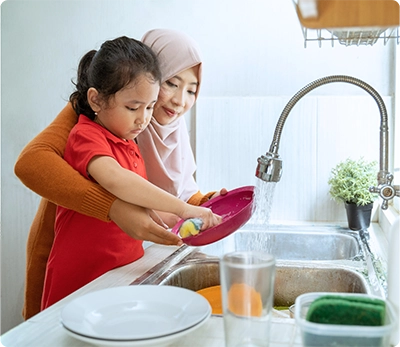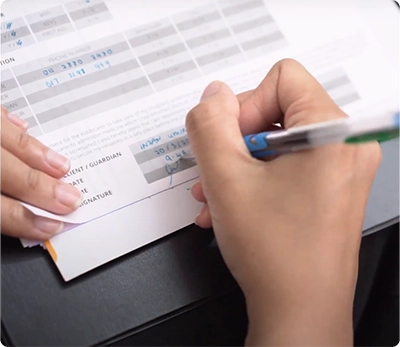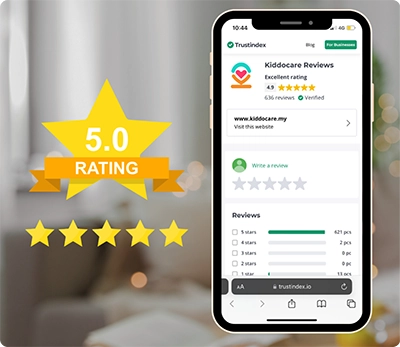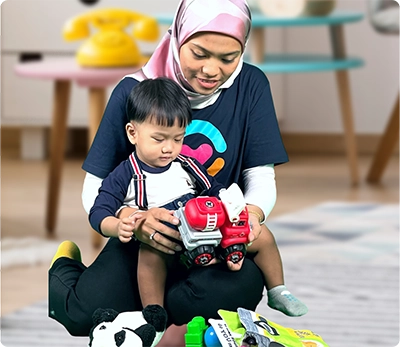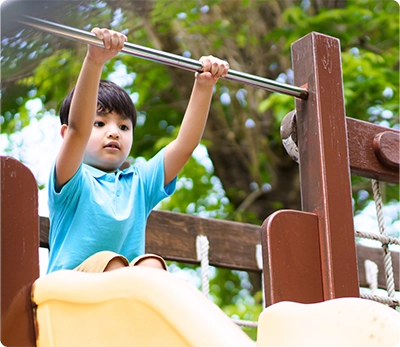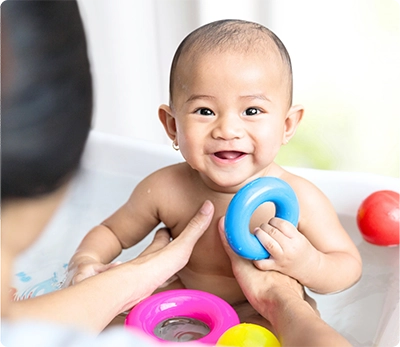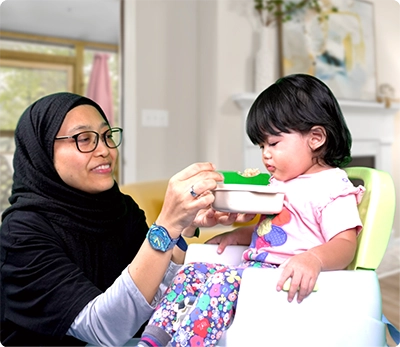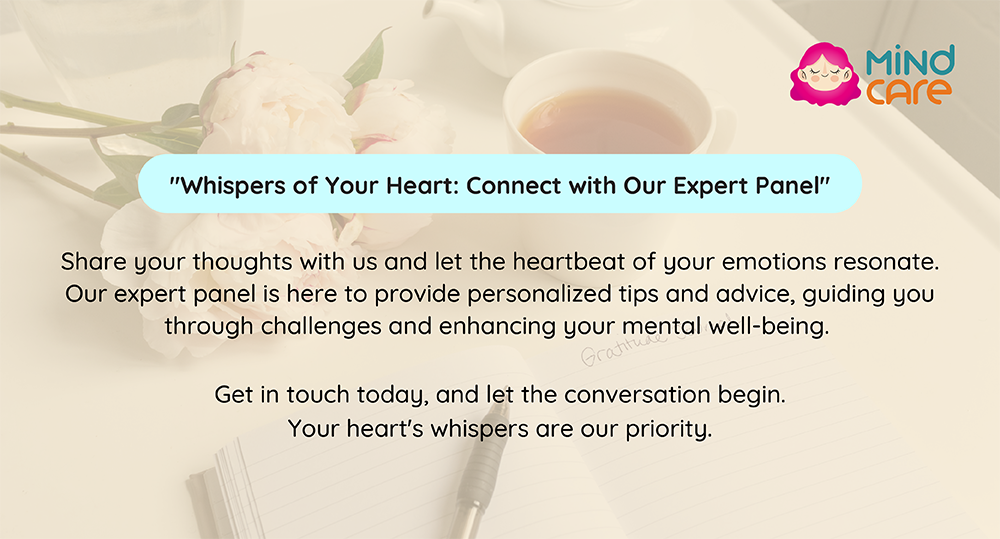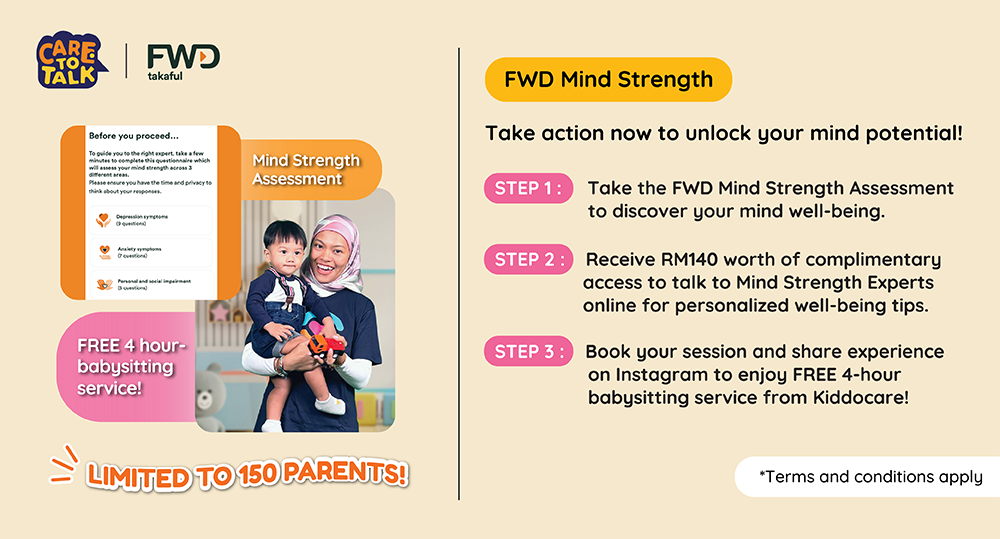Motherhood is often portrayed as a journey shared with others, yet the inner struggles remain deeply personal. Doubts creep in, whispering that you’re not good enough for your child, your partner, or even yourself.
Your body, once strong and vibrant, undergo profound changes – stretched, scarred, and exhausted. Every cry, every whimper, every tiny need becomes your responsibility to fulfill. Even with the most supportive partner, you feel the weight of motherhood often falls squarely on your shoulders.
Yet, admitting you’re struggling seems like admitting defeat, like you’re failing at the one thing you’re supposed to excel at – being a mother.
The statistics are chilling – globally, 1 in 8 women suffer from postpartum depression (CDC, 2019). Sadly, the signs of PPD are often brushed aside or dismissed as the normal challenges of motherhood.
But the reality is far more complex. Constant low mood, unrelenting irritability, and disruptive sleep patterns are not simply “part of the package” – they’re symptoms that should never be trivialized or ignored.
Left untreated, PPD can escalate to dangerous levels, leading to psychosis and posing a grave risk to everyone around her. What is concerning is the fact that these individuals rarely commit homicide, Postpartum Support International states that 4% of postpartum psychosis sufferers commit infanticide, and 5% die by suicide.
Let’s normalize the need for increased screening of pregnant mothers to identify early signs of depression.
Let’s end the silence and start asking the mothers around you the occasional, “Hey how are you feeling today?” Or you know what’s even better, gift them Kiddocare vouchers for them to finally have the time to be themselves.



